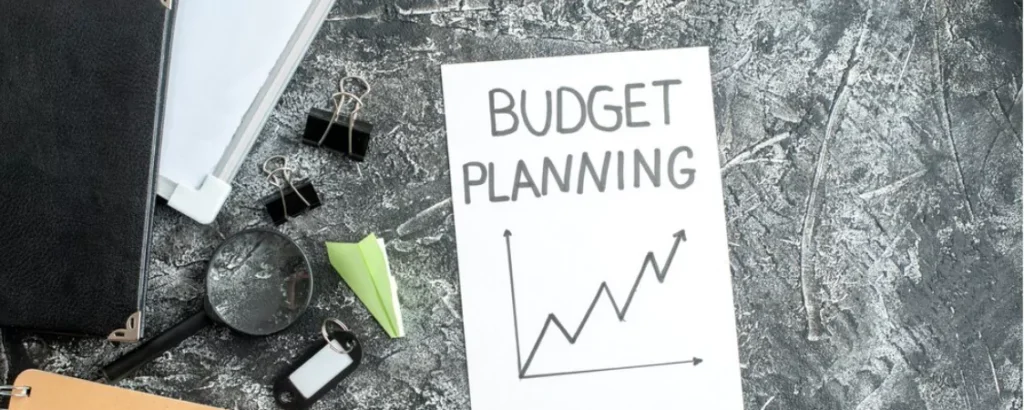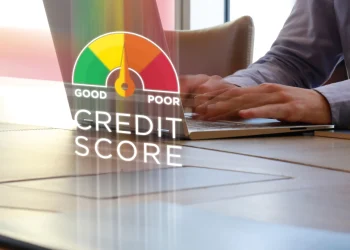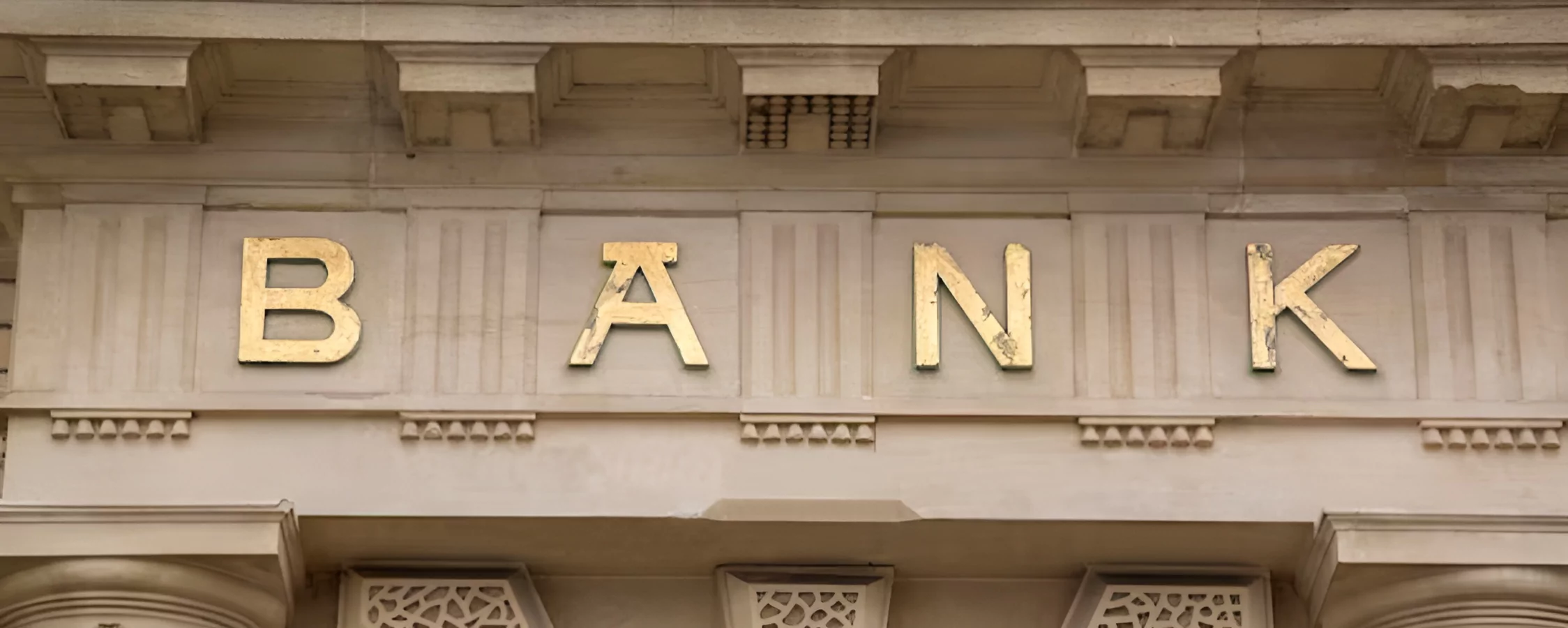Managing personal finances effectively is one of the most important life skills. But gaining control and making progress often seems complex or overwhelming, leaving many unsure where to begin. Breaking the process into steps allows steady improvement over time. This article outlines a practical approach for getting started with budgeting, tracking expenses, and developing savings habits to build financial stability. With discipline and consistency, anyone can learn to “start budgeting” and progress toward their financial goals.
How Do I Start Budgeting?
Creating a budget is one of the most important steps when you want to start budgeting and saving money effectively. A budget allows you to track your income, expenses, and savings regularly. This helps you understand where your money is going each month so you can identify areas to cut back on spending. When first starting, you’ll want to gather details on your income sources like your salary or other earnings. You’ll also need to review your expenses from the past few months to get an idea of how much you spend in different categories like housing, utilities, groceries, transportation, and more. Expenses can include both regular bills as well as discretionary spending.
You should take some time to go through recent bank and credit card statements to categorize all of your expenses. This will give you an accurate picture of your typical spending. You may be surprised by some of the small recurring purchases you have forgotten about. Once you have all your income and expense details documented, you can then start to create a monthly budget that estimates how much you can allocate toward different spending categories and savings goals. Your budget should also have some wiggle room for unexpected costs that come up. Re-evaluating your budget each month will help you start budgeting successfully and make adjustments over time.
How Do I Stick To My Budget?

Creating a budget is just the first step – it’s important to stick to your budget consistently to effectively start budgeting. Here are some tips to help you adhere to your budget each month:
- Track your spending regularly. Note purchases you make throughout the month in your budgeting app or spreadsheet so you’re aware of how much you have left in each category.
- Automate savings contributions. Set up automatic transfers each payday so a portion of your income goes directly into savings before you have a chance to spend it.
- Pay with cash for some discretionary spending. Seeing your physical cash disappear may help curb impulse purchases beyond your budget.
- Check in on your budget weekly. Do a quick review of your spending and income at the mid-point so you can course-correct if needed before the month ends.
- Watch for lifestyle inflation. Be wary of letting recurring small expenses add up as your income increases over time.
- Allocate discretionary funds. Allow yourself a set amount of flexible funds each month so you don’t feel deprived.
Staying accountable and continuously refining your budget will help you develop the discipline needed to start budgeting successfully. Unexpected expenses will come up too, so try to build some wiggle room into your budget categories.
What Type Of Budget Works Best?
There are several different types of budgets you can use depending on your needs and preferences. Choosing the right budgeting method is key to staying motivated as you learn to start budgeting. Some popular budgeting styles to consider include:
- Zero-based budget: Each dollar earned has an allocated spending category – no money left unaccounted for at the end. A more detailed approach to tracking every dollar.
- 50/30/20 budget: 50% of after-tax income to needs, 30% to wants, 20% to savings/debt. Simple guidelines to balance spending and goals.
- Monthly budget: Allocate your expected monthly income and bills into categories like housing, food, utilities, etc. A classic method to start budgeting basics.
- Rolling budget: Budget for current expenses and income then carry over any remainder into the new month. Flexible method that is easy to adopt.
- Envelope budget: Use cash allocated to different categories versus credit cards. An easy way to limit impulse spending starts.
Starting with a simple monthly or rolling budget and then adjusting your favorites over time is a good way to learn budgeting habits. Choose a process you find painless and helps you start budgeting sustainably.
How Can I Automate My Budget?
Using budgeting apps and tools is a highly recommended way to automate your budgeting process as you learn and build the discipline to start budgeting regularly. Automation handles all the tracking, math, and bookkeeping for you so you avoid delays or mistakes entering data manually. Some top options to consider:
- Mint or You Need A Budget (YNAB): Link accounts to track spending automatically and track budgets. Good education features are included too.
- Excel: Create your customized budget template with formulas for easy tracking. More flexible than apps.
- Goodbudget: Beautiful interface that makes budgeting feel less tedious. Strong goal-tracking feature.
- Personal Capital: A free app links all accounts to monitor and progress towards goals. Recommended reporting features.
- Budget templates on Google Sheets: pre-built free templates for goal-based or monthly budgets.
- Banking apps: Many banks now offer budgeting capabilities within their mobile apps too.
Going digital with your budget process makes it simpler to track quickly and on the go. Automation also helps enforce the budget and avoid the temptation to overspend as you start learning to budget consistently.
How Can I Save More Money When I Start Budgeting?

Once you’ve established a monthly budget and spending habits, the next step is to reallocate funds toward savings goals. Find additional ways to save more of your income each month by:
- Paying yourself first by automatically moving a set savings amount from each paycheck. Then budget the remainder.
- Reevaluating large recurring bills for potential savings. Look for lower cell phone, cable, insurance, or subscription costs.
- Trimming discretionary expenses that don’t bring you joy. Cancel unused memberships or subscriptions.
- Meal prepping to save on daily eating out costs. Plan recipes for one-weekend session of cooking.
- Batch errands to limit unnecessary driving and fuel costs for one trip rather than multiple solo trips.
- Shopping loyalty programs and cashback offers for extra discounted spending money over time.
- Negotiating higher pay at your performance review or on job applications. The time is right as you focus on budgeting and saving goals.
- Earning supplemental income through a side business, freelance work, or rideshare during your free time.
Making small tweaks to your budget over time helps snowball your savings as you build habits of learning to start budgeting diligently each month through automation.
How Can I Track My Budget And Savings Progress?
Tracking your financial progress is key to staying motivated as you learn to start budgeting consistently. Visualizing accomplishments and milestones keeps financial goals feeling tangible. Here are effective budget progress tracking methods:
- Note savings amounts at the end of each month to see biweekly or annual increases. Celebrate hitting deposit benchmarks.
- Chart spending categories each month in a visual tool to easily see patterns and areas of improvement over time.
- Update net worth statements periodically to track overall worth growth from budgeting/investing.
- Use apps like Mint, YNAB, or Personal Capital to monitor financial health factors monthly.
- Set savings challenges for yourself like saving the change from purchases in a jar. Making saving feel fun through gamification helps you stay inspired.
- Thank past self through notes in your budgeting app or journal for sacrifices that helped you achieve milestones. Positive reinforcement aids progress.
Have accountability by sharing progress with a friend and also learn to start budgeting for motivation and encouragement.
Compare quarterly to note what pushed progress forward or hindered it to make adjustments in your approach. Reflection is key.
Regularly reviewing tracking reports keeps starting to budget feeling purposeful and makes adjustments easier over the long haul. Numbers prove diligence truly pays off financially.













